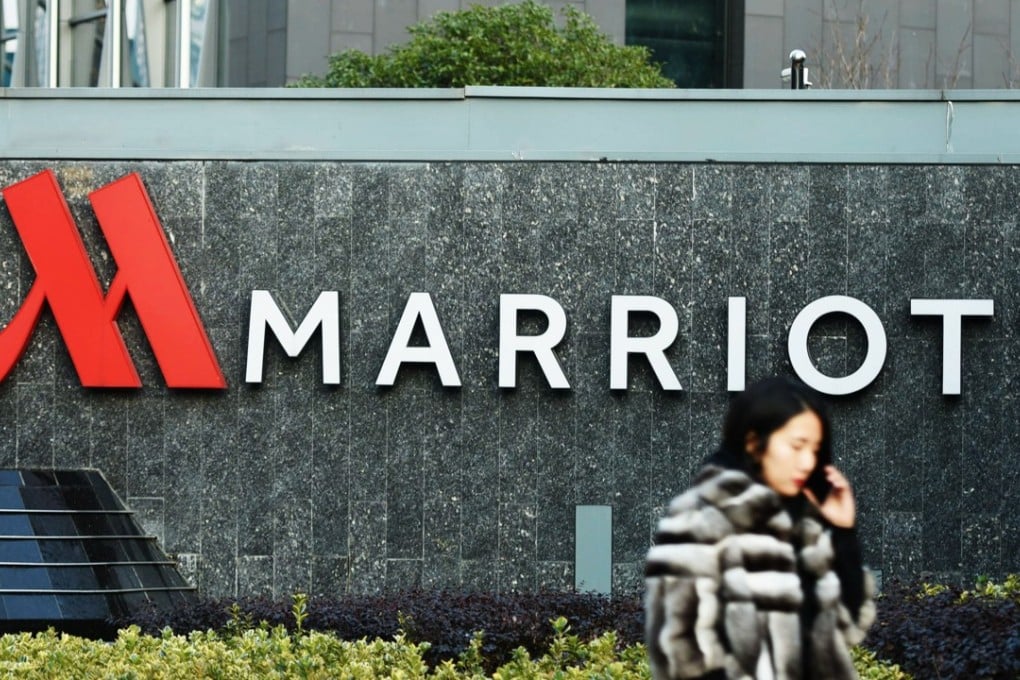From instant noodles to Alipay; how Marriott hotels are luring Chinese tourists
The US hotel giant says a quarter of its hotels will soon accept Alipay as it taps the huge popularity of mobile payments with mainland Chinese travellers

Competition is fierce between hotel chains to attract mainland Chinese tourists, the most sought-after guests in the global hospitality business.
One of the biggest players in the game, Marriott International, has a loyalty initiative called “Li Yu” offering tailored extras such as instant noodles and Mandarin-speaking staff to make its Chinese guests feel as comfortable as possible.
Now the US hotel giant aims to add another incentive by ensuring Alipay, China’s most widely used mobile payments system, is accepted in almost a quarter of its hotels globally over the next two months.
Marriott said 1,500 of its hotels will be ready to accept Alipay by the end of June as it taps the huge popularity of mobile payments with mainland Chinese travellers. Alipay is already available in 90 per cent of Marriott’s hotels in China, as well as 120 hotels in Asia Pacific.
The additional roll-out means that the payment service will be available at 23 per cent of Marriott’s 6,500 hotels internationally, reflecting the rising clout of tourists from China, the world’s No 1 source of outbound travellers.